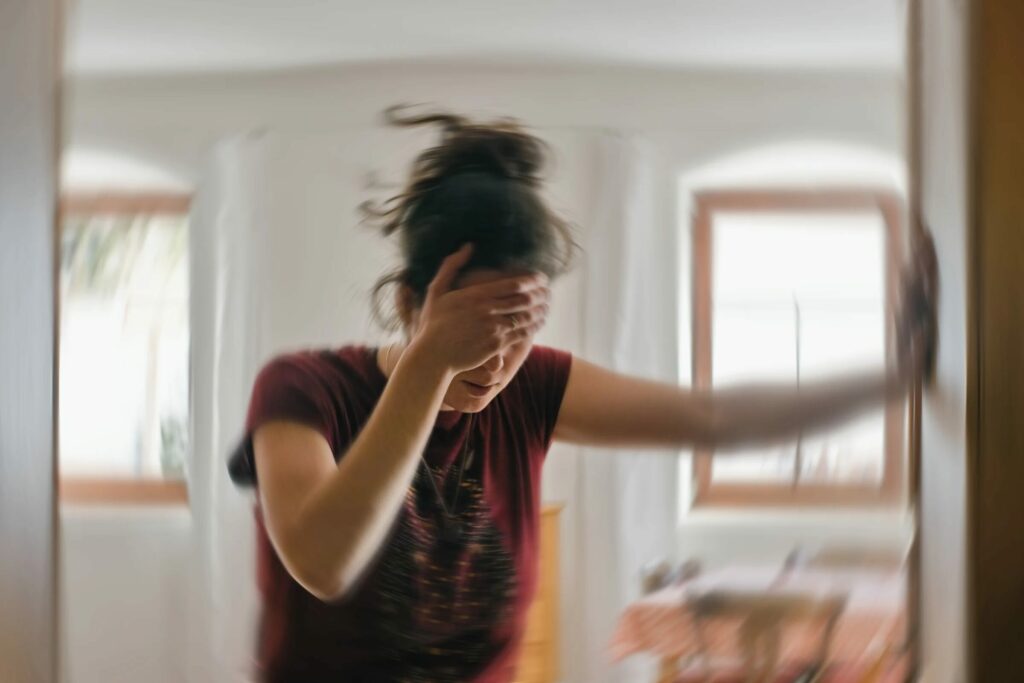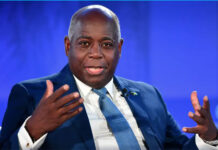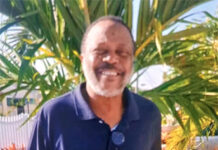
In recent years, more adults between the ages of 45 and 64 have been dying from strokes, according to a new report from the Centers for Disease Control and Prevention (CDC). Stroke occurs when blood flow to the brain is blocked or there’s sudden bleeding in the brain. Unless treated quickly, it can lead to lasting brain damage, long-term disability or death.
After declining from 2002 to 2012, stroke death rates for middle-aged adults increased 7% between 2012 and 2019, and increased an additional 12% through 2021, the CDC found. The stroke death rate then fell slightly (by 2%) for men through 2022, and “did not change significantly” for women.
The CDC report didn’t explore possible reasons for the spike in stroke deaths. However, experts tell Yahoo Life there could be a few explanations.
Reason #1: An increase in stroke risk factors — especially high blood pressure
Underlying conditions like diabetes, obesity and hyperlipidemia (aka high cholesterol) have increased among middle-aged adults, as have poor lifestyle habits such as alcohol use, unhealthy diets and physical inactivity — all of which are typical risk factors for stroke, experts say.
“These risk factors over time lead to atherosclerosis, which is a common cause of stroke in older patients. However, we have seen an increase in these same risk factors leading to stroke in our younger patient population,” Dr. Fan Caprio, a vascular neurologist at Northwestern Medicine and medical director for its Comprehensive Stroke Center, tells Yahoo Life.
An increase in risk factors, Caprio explains, can lead to more and bigger strokes — which in turn can lead to higher mortality and morbidity.
One of the most notable risk factors behind the rise is hypertension, or high blood pressure.
“Hypertension, which is the most important stroke risk factor, has increased among middle-aged adults,” Adam Vaughan, an epidemiologist with the CDC’s Division for Heart Disease and Stroke Prevention, tells Yahoo Life. Vaughan adds that more than half of middle-aged adults with hypertension have “uncontrolled hypertension” — meaning their high blood pressure is untreated or not responding to treatment.
Dr. Mona Bahouth, medical director of the Brain Rescue Unit at Johns Hopkins Medicine, adds that what can make high blood pressure so dangerous is the fact that it’s “fairly silent.”
“You don’t really feel that you have high blood pressure until you’ve had it for a while and it’s too late, unless you’re measuring it,” she tells Yahoo Life.
Reason #2: Missing doctor appointments
Vaughan points out that socioeconomic disparities could also be at play. “Many people in this age group might have limited access to health care, leading to undiagnosed or not controlled risk factors, and delayed treatment in general,” he says.
It’s also possible that COVID-19 may have contributed to the rise. Rates in stroke deaths spiked 12% during the early years of the pandemic, which could be because more people missed doctor appointments and preventive screenings that would have identified some of those crucial risk factors. Still, Bahouth says we “can’t really take that bait too easily”; although stroke deaths increased early in the pandemic, the study shows that rates were already on the rise before COVID came into the picture.
Reason #3: Not recognizing stroke symptoms
Stroke can be mistakenly viewed as a “disorder of the elderly.” As such, when a middle-aged person starts to develop symptoms of a stroke, those symptoms might be dismissed and medical attention delayed until it’s too late, Caprio says.
Experts say it’s imperative that people of all ages recognize the telltale signs of stroke, which include:
- sudden weakness or dizziness
- sudden numbness, especially on one side of the body
- sudden trouble speaking or understanding speech
- sudden severe headache
If you notice these symptoms, call 911 immediately. Fast treatment can not only be lifesaving but also lessen the likelihood of brain damage brought on by stroke and prevent another stroke from occurring.







